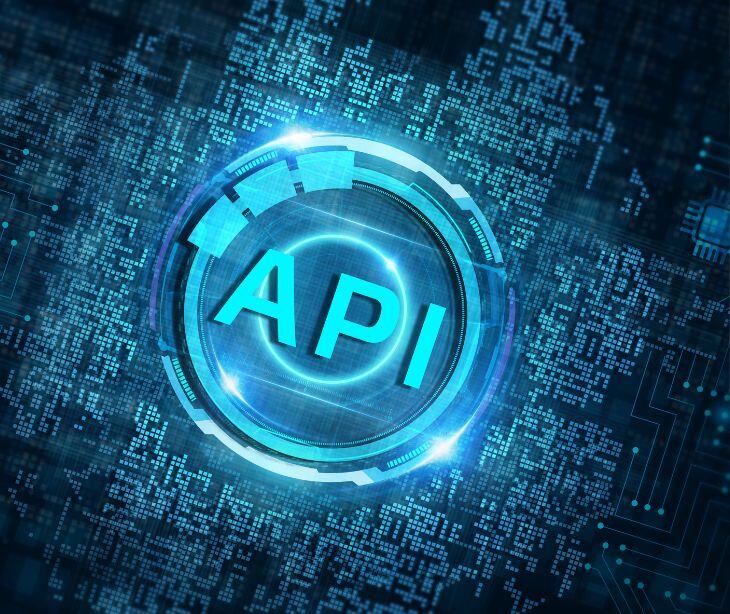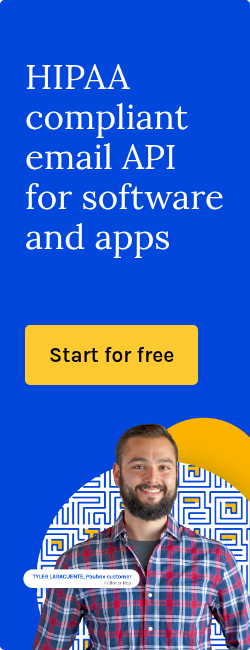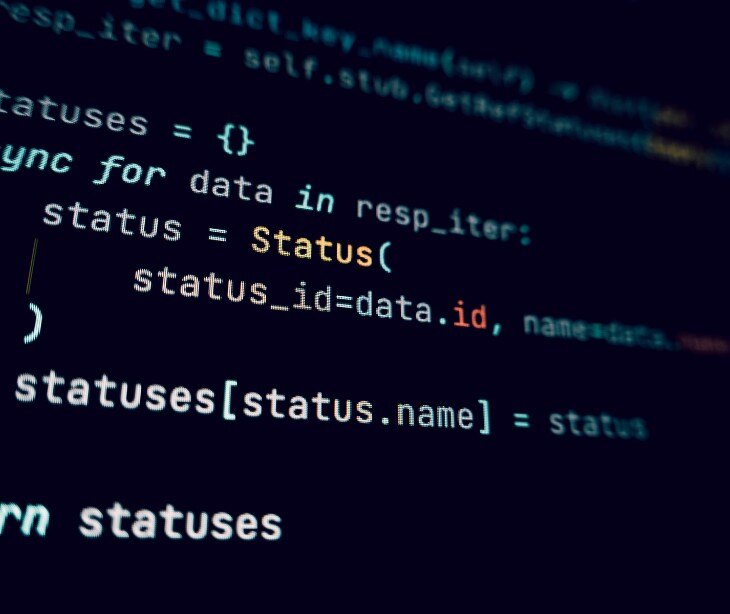4 min read
Understanding HIPAA compliant APIs and their role in healthcare
Farah Amod
September 25, 2024

In the healthcare industry, APIs (Application Programming Interfaces) securely exchange and manage data, especially when it involves protected health information (PHI). A HIPAA API ensures that interactions with healthcare applications, systems, and websites comply with HIPAA (Health Insurance Portability and Accountability Act) regulations. These APIs handle PHI, which is sensitive health-related information protected by law, and must include security measures like encryption and access control to meet HIPAA standards.
What is a HIPAA API?
A HIPAA API acts as a messaging system that allows healthcare applications to request and receive information from a server over the internet. These interactions are automated and ensure secure communication without the user directly handling a third-party system. Every time you book a flight, order food online, or check your health records via an app, an API facilitates that action in the background.
For HIPAA compliant APIs, any data containing PHI must meet specific privacy and security requirements. PHI that has been de-identified or anonymized is exempt from these regulations, but all other healthcare data must follow HIPAA’s strict guidelines.
Read also: Understanding APIs
HIPAA overview
HIPAA ensures that any application or system handling PHI is protected by standardized safeguards, including encryption mechanisms. Failing to use a HIPAA compliant API can have serious consequences, both financially and in terms of reputation, for healthcare organizations. To maintain compliance, many businesses use healthcare-specific services to store and process PHI securely.
Types of healthcare APIs
Healthcare APIs enable the exchange of medical data across different systems, improving patient care and operational efficiency. The most common types include:
- RESTful API (REpresentational State Transfer): According to AltexSoft, RESTful APIs are widely used in healthcare due to their flexibility. They use HTTP requests to access and manage data such as patient records, medications, and appointments. RESTful APIs support operations like GET, POST, PUT, and DELETE, making them ideal for handling medical data transfer between systems.
- FHIR API (Fast Healthcare Interoperability Resources): FHIR is becoming the standard for electronic health record (EHR) exchange. As noted by Relevant Software, FHIR APIs standardize healthcare data, allowing easy integration across platforms. They support various healthcare applications, including telehealth, patient engagement, and health information exchanges (HIEs).
- Clinical Data Management APIs: These APIs assist with processing large amounts of medical data. For example, Amazon Comprehend Medical APIs can extract relevant information from unstructured data like medical notes, helping healthcare professionals manage patient records effectively.
- Patient-Facing APIs: According to Apple, APIs such as Apple Health Records empower patients to view their health information directly on their devices. These APIs consolidate data from multiple healthcare providers, allowing patients to monitor their medical history and share it securely with doctors.
- Remote Patient Monitoring (RPM) APIs: FHIR APIs are especially useful in remote monitoring scenarios, facilitating the exchange of real-time health data from wearable devices to healthcare providers. This helps in continuous patient monitoring outside clinical settings.
- Public Health Reporting APIs: These APIs enable public health agencies to collect and analyze data on health trends and outbreaks. Such APIs allow agencies to streamline data collection and ensure accurate reporting, aiding in timely interventions.
HIPAA API safeguards
Ensuring HIPAA compliance for APIs requires multiple safeguards. These include:
- Encryption: PHI must be encrypted both at rest and in transit. If the API interacts with a database containing PHI, the database must be encrypted as well. This ensures that any data shared or stored is protected from unauthorized access.
- Access controls: APIs should have strict access controls, limiting who or what can access PHI. Only authorized personnel should be able to interact with the system, and this can be controlled through role-based access lists.
- Audit logging: Logging every interaction with the API maintains transparency and accountability. Regular review of these logs helps ensure there are no unauthorized access attempts or breaches.
- Data de-identification: If an API interacts with a public cloud or external provider, only de-identified medical data should be used to prevent the exposure of sensitive information.
For organizations that want to ensure full HIPAA compliance, outsourcing technical solutions to a HIPAA compliant managed service provider can simplify the process. These providers offer ready-made infrastructures that handle PHI securely, with built-in safeguards like encrypted VPN tunnels between healthcare entities and their business associates.
Paubox’s solution
Paubox offers a HIPAA compliant Email API designed to securely automate the sending of transactional emails while maintaining the highest standards of data protection. This API allows healthcare providers to send emails that contain protected health information (PHI) with ease, ensuring compliance with HIPAA without adding extra complexity to the process. The API uses TLS encryption to safeguard emails in transit, and all communications are secured from the moment they leave your system until they arrive in the patient’s inbox.
The main features of Paubox’s Email API include customizable dynamic templates, which enable personalized email content, and webhooks that provide real-time data on email delivery status. Additionally, the API allows seamless integration into existing applications, making it easier for healthcare providers to automate communications such as appointment reminders, lab results, and patient onboarding notifications. The API is also equipped with audit logging and reporting tools, which allow providers to track email interactions for compliance and security audits.
Paubox’s solution is ideal for healthcare organizations looking to improve operational efficiency by automating patient communications while ensuring compliance with strict data protection regulations like HIPAA.
Read more: HIPAA compliant email API for developers
FAQs
How do healthcare APIs improve data exchange between systems?
Healthcare APIs enable seamless communication and data exchange between different systems, such as electronic health records (EHRs), insurance platforms, and laboratory information systems. APIs allow healthcare providers to access and share patient information more efficiently, improving coordination of care and reducing administrative burdens.
Are APIs in healthcare HIPAA compliant?
Yes, APIs in healthcare can be designed to be HIPAA compliant. To meet HIPAA regulations, healthcare APIs must ensure that data is encrypted, access is controlled through strong authentication methods, and audit trails are maintained to track who accesses sensitive patient information. These features ensure that APIs protect patient data while allowing secure and efficient data transfers.
What challenges do healthcare providers face when implementing APIs?
One of the primary challenges healthcare providers face when implementing APIs is ensuring interoperability across different systems and platforms. Many healthcare organizations use a wide range of software applications, such as EHRs, patient portals, and billing systems, which may not be designed to work together seamlessly. Additionally, maintaining compliance with privacy regulations like HIPAA and ensuring that APIs are secure from cyber threats can also present challenges. Proper integration, staff training, and continuous monitoring are necessary to address these hurdles and ensure the smooth operation of API systems
Subscribe to Paubox Weekly
Every Friday we'll bring you the most important news from Paubox. Our aim is to make you smarter, faster.




